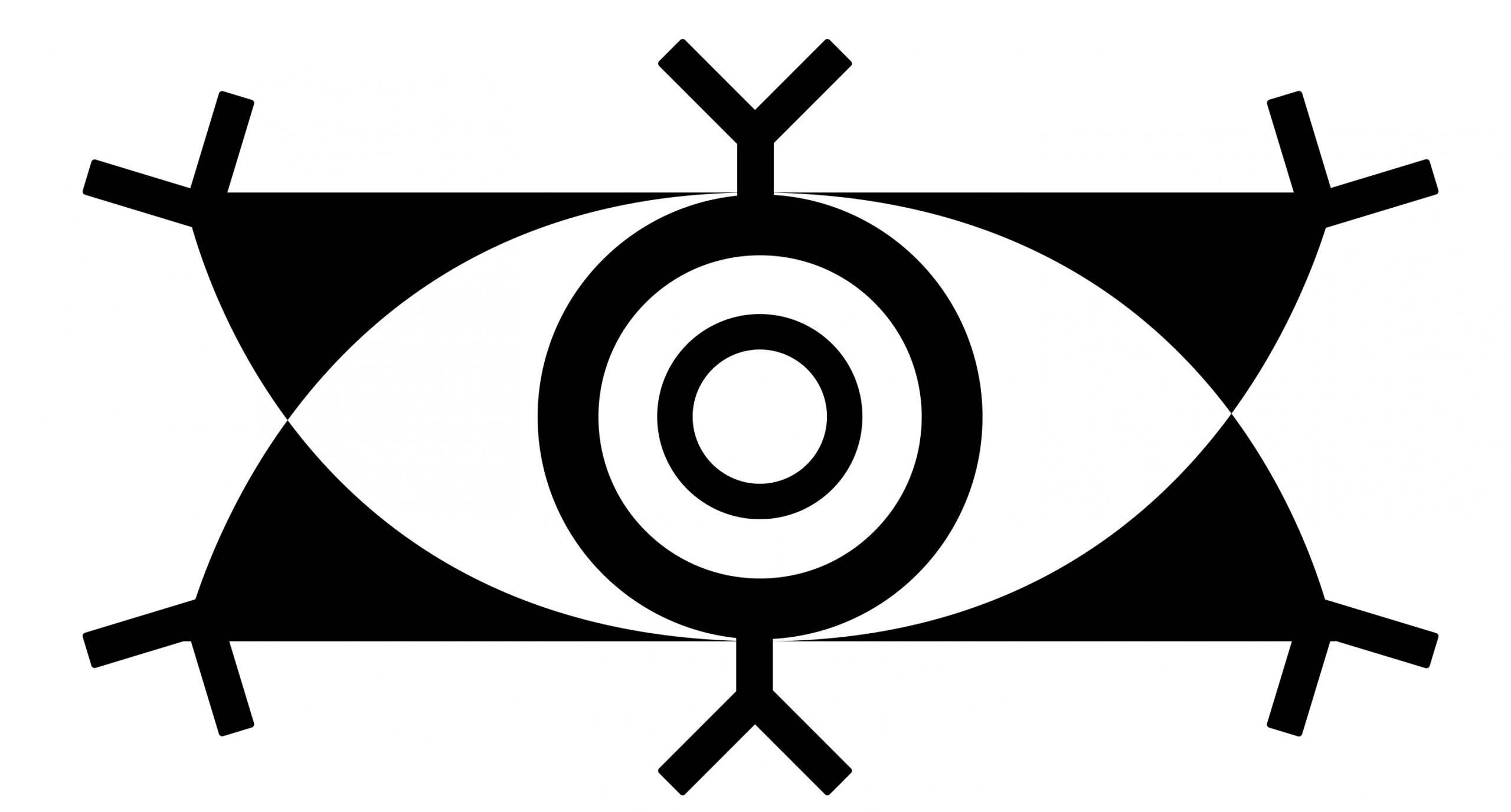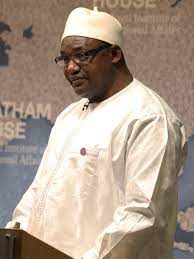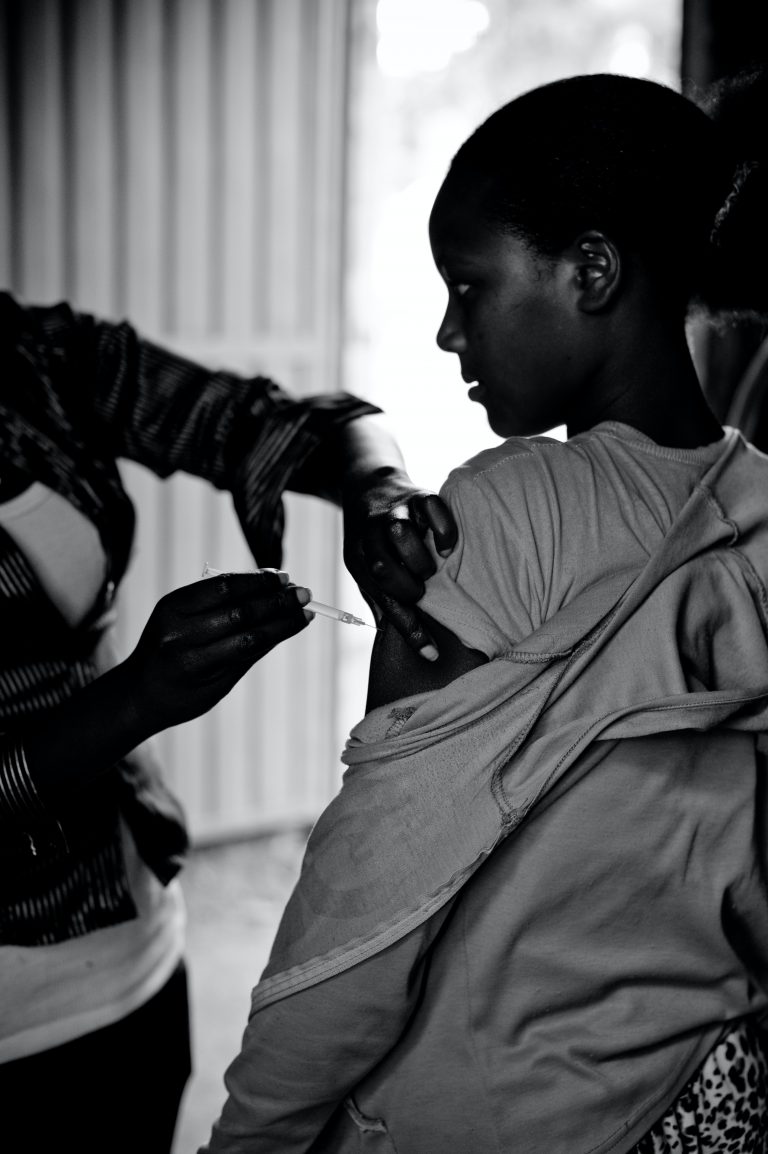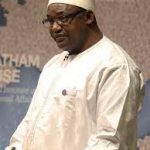The continent of Africa is usually referred to as the Dark Continent. It has a chequered history and her people have been co-travellers with the continent on her journey through time. Europe, then the United States of America and now China have all had engagements with Africa and all these engagements have had lasting effects amongst other outcomes on all parties involved.
One of such outcomes was the attribution of the term, Dark Continent, to Africa.
This article was triggered by a tribute to Late Desmond Tutu on Facebook. This post was made by a respected mass communicator, trainer and influencer of African origin (name withheld).
The post states that Late Desmond Tutu was “One of the few bright spots in the Dark Continent”.
This is one of the many times that the continent is referred to as such. Africa was first called the Dark Continent by the Europeans and it stuck.
The reference to Africa, by an African, as a dark continent is disturbing and yet very intriguing and instructive. Some Africans find the description offensive but taking offence may not be the right move.
Dark Continent: The Meaning.
Collins English Dictionary gives the meaning to be “a term for Africa when it was relatively unexplored”.
Dictionary.com refers to the Dark Continent as “a term for Africa when it was relatively unexplored”.
Merriam-webster.com offers two definitions of the dark continent as follows:
1: Dark Continent: the continent of Africa
“It was by the merest caprice of fortune that they headed toward the west coast of Africa, instead of toward Zanzibar on the opposite side of the dark continent.”
— Edgar Rice Burroughs
“… little was actually known about the interior of the Dark Continent until the mid-1800s.”
— Angus Carroll
2: something unknown or unexplored
“From Hiroshima on August 6, 1945, the world received the shocking discovery that man had opened the dark continent of the atom.”
— Daniel J. Boorstein
The Longman dictionary of contemporary English refers to Dark Continent as “a name given to Africa by Europeans in the 19th century. The name suggests that Africa was then an unknown area (to Europeans), but it is now considered an offensive name.”
Why the choice of words to describe Africa?
The dictionary meaning of the phrase obviously points to the fact that it was used to describe an unexplored continent that had just been discovered. The Americas which was discovered after Africa was referred to as the New World. This is even as it was yet to be explored.
If every unknown and unexplored continent discovered by the Europeans did not qualify to be referred to as the Dark Continent, what was the real intention in choosing the phrase to describe just one of the continents?
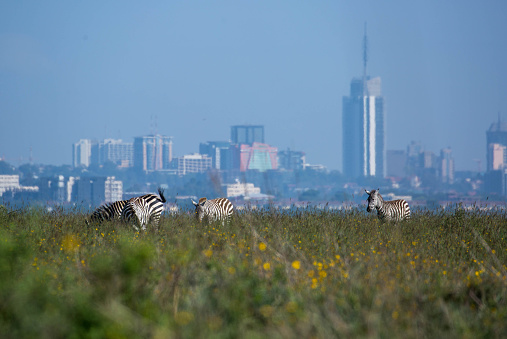
Was the Americas named new world because it was intended to be occupied by the Europeans?
The origin and evolution of the term – Dark Continent.
The term, Dark Continent, started as a way to describe an unknown and mysterious continent that was newly discovered by Europeans. That meaning remains in dictionaries to date.
The term (dark continent), like all things, has, is and shall continue to evolve. To expect otherwise will be foolhardy.
Presently, the term has quietly evolved to describe a continent in electrical, digital, human right, educational and other darkness. This position, though also planted by non-Africans, has been amplified by Africans to the extent that the sowers of the thought can keep mute.
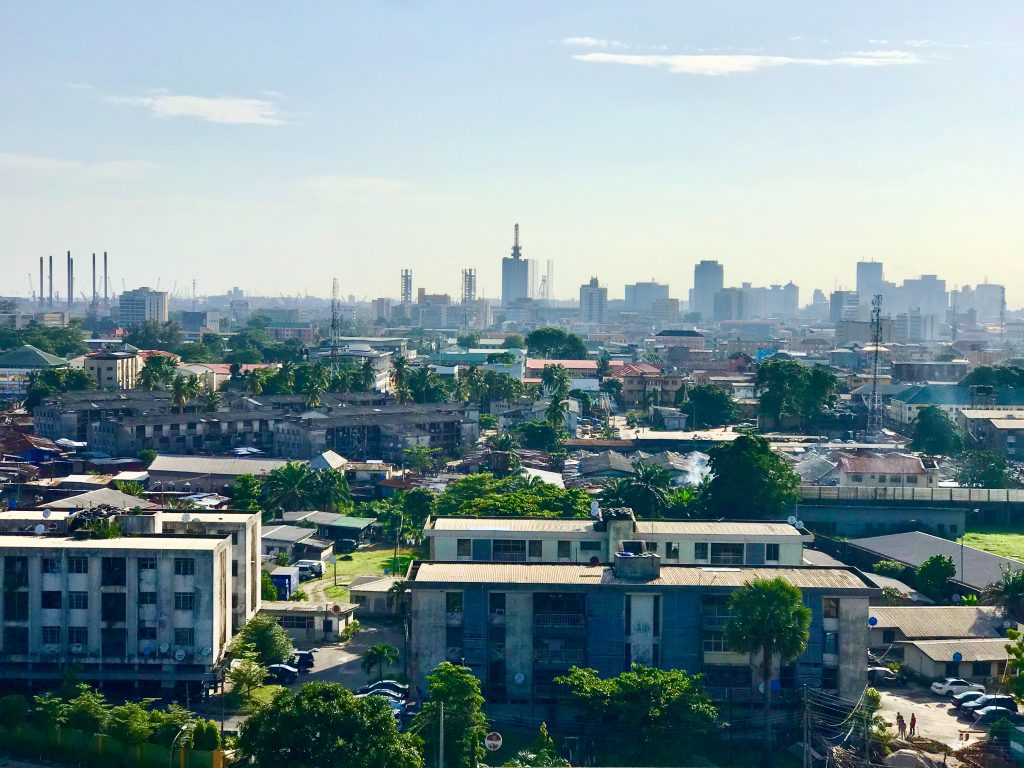
Most of the Africans that amplify the dark continent concept do so out of ignorance – ignorance of the origin, evolution, intentions of the creators of the term and the self-fulfilling nature of echoing the term.
This ignorance may seem excusable as it is very easy to validate by looking at the satellite image of the world. The state of the economy, health, leadership and living standards in Africa would further validate that position.
However, the question is: Is that the right move to make?
Apart from those Africans that act out of ignorance, there is another group that sees Africa’s challenges as an opportunity to seek validation, appear sophisticated and morally correct and obtain patronage. They are usually schooled and upward mobile with a sphere of influence they control. It is important to point out that the patronage and social status gotten by such posturing is fleeting and obtained at a very high cost to the continent and unborn Africans.
Another question is: If your child is struggling with an issue, and people are jeering and mocking him or her, do you join them to do the same?
What if you approach the issue from the understanding that your child’s welfare and future are more important than appearing correct to the people who mock your child?
It is self-defeating to always cry and play the victim. Africans need to understand that people do things that promote their interests and ensure their survival as a race. All the civility is a facade. It would be naive to hate people for wanting to succeed. It is even more foolish to expect them to put African interests ahead of theirs.
So, enough of the whining and playing victim. It is time to ask the right questions. On the issue of Africa as the Dark Continent, there is one question to ask.
Note that these guys are good at the game they play. That choice of words in the phrase, Dark Continent, was deliberate, mischievous and ill-intentioned. Remember that the Americas were described as the New World. That choice was also deliberate and convenient as they knew all along that they will occupy that continent and force demographic shock while at it.
What will Dark Continent mean in future?
Is the destination of its evolution going to be glorious for the bearers of the tag or will it continue to benefit those that coined it?
The job of ensuring a favourable outcome for Africa and our unborn citizens can and shall only be done by Africans.
It is dangerous and tantamount to a self-inflicted genocide to expect that those in whose interest it is to ensure their own survival and progress ahead of others will put their interest aside to help Africa and Africans.

It is equally dangerous for Africans to seek to validate their knowledge and intelligence against the backdrop of what is acceptable to non-Africans by echoing their worldview. This will only further all other interests except that of Africa.
To all Africans who suckled their mother’s breasts adequately, we say –
- You have a responsibility to change this narrative and ensure that the description of Africa evolves into a glorious and edifying one.
- Bear the torch for the sake of unborn Africans.
We would want to hear your comments and thoughts about the use of the phrase, Dark continent, to describe Africa.
